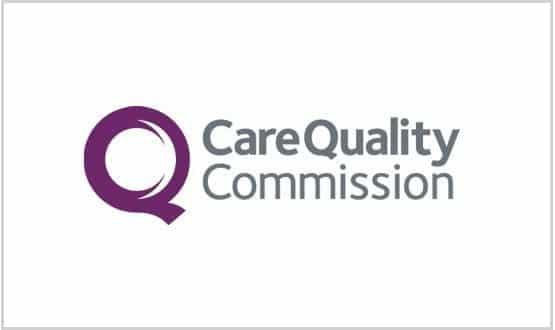CQC launches investigation after referrals blunder
- 27 July 2018

The Care Quality Commission is launching an independent investigation into its referral system after a computer error meant nearly 100 safeguarding concerns weren’t passed on to councils.
On 18 July, the regulator identified a “technical issue” with its data management system that either delayed or prevented 96 safeguarding issues being referred onwards.
An immediate review of the error revealed that some of the information not passed to local authorities dated back to July 2017.
The Care Quality Commission (CQC) said that no information was lost as a result of the error and that the referrals did not contain information “about immediate risk of severe harm to people.”
However, the error meant that councils were not given the opportunity to review safeguarding concerns and decide whether the issues raised need to be investigated.
The CQC has now passed on the relevant information to the 51 councils affected, in order to ascertain whether they had been made aware of the issues and taken action against them.
Andrea Sutcliffe CBE, acting chief executive of the CQC, said: “As soon as we discovered this issue, we immediately carried out an urgent review to determine whether action was needed to ensure people who use health and care services were safe and properly protected.
“While we established that none of these referrals contained information about immediate risk of severe harm to people, we did find that in 96 cases, a system and process error meant that information of concern may not have been shared with local authorities.”
The regulator said in a statement that the error had now been fixed and that it would carry out an independent investigation into the root cause.
The CQC board will publicly report on the findings “in due course”.
Sutcliffe added: “Our priority is to keep people safe – we do this by taking regulatory action ourselves but we also do it by sharing information with partners.
“I’m truly sorry that in these 96 cases we may not have shared information that could have helped local authorities to protect people. The independent investigation will assist us in ensuring we improve our systems to avoid something like this happening again.”





7 Comments
I hope they informed the ICO?
Will they give themselves an improvement notice or RI status then? Don’t imagine they would have reacted favourable if this had been a provider. Who audits the auditors.
Quis custodiet ipsos custodes?
The software should have been subject to DCB0129/0160 and risk assessed making sure that these incidents do not happen. A lesson learned that should have been preventable!
Maybe they mean “there was an issue with the spreadsheet we use.”
Why are public institutions dealing with critical patient safety issues using non-assured software?
This should be developed and tested under the relevant ISO standards.
In any normal business this would result in sackings.
But not in the NHS.
Out of interest – CQC is not an NHS organisation.
Neither is the DH, Public Health England or even NHS England which is “an executive non-departmental public body (NDPB) of the Department of Health and Social Care”.
Comments are closed.